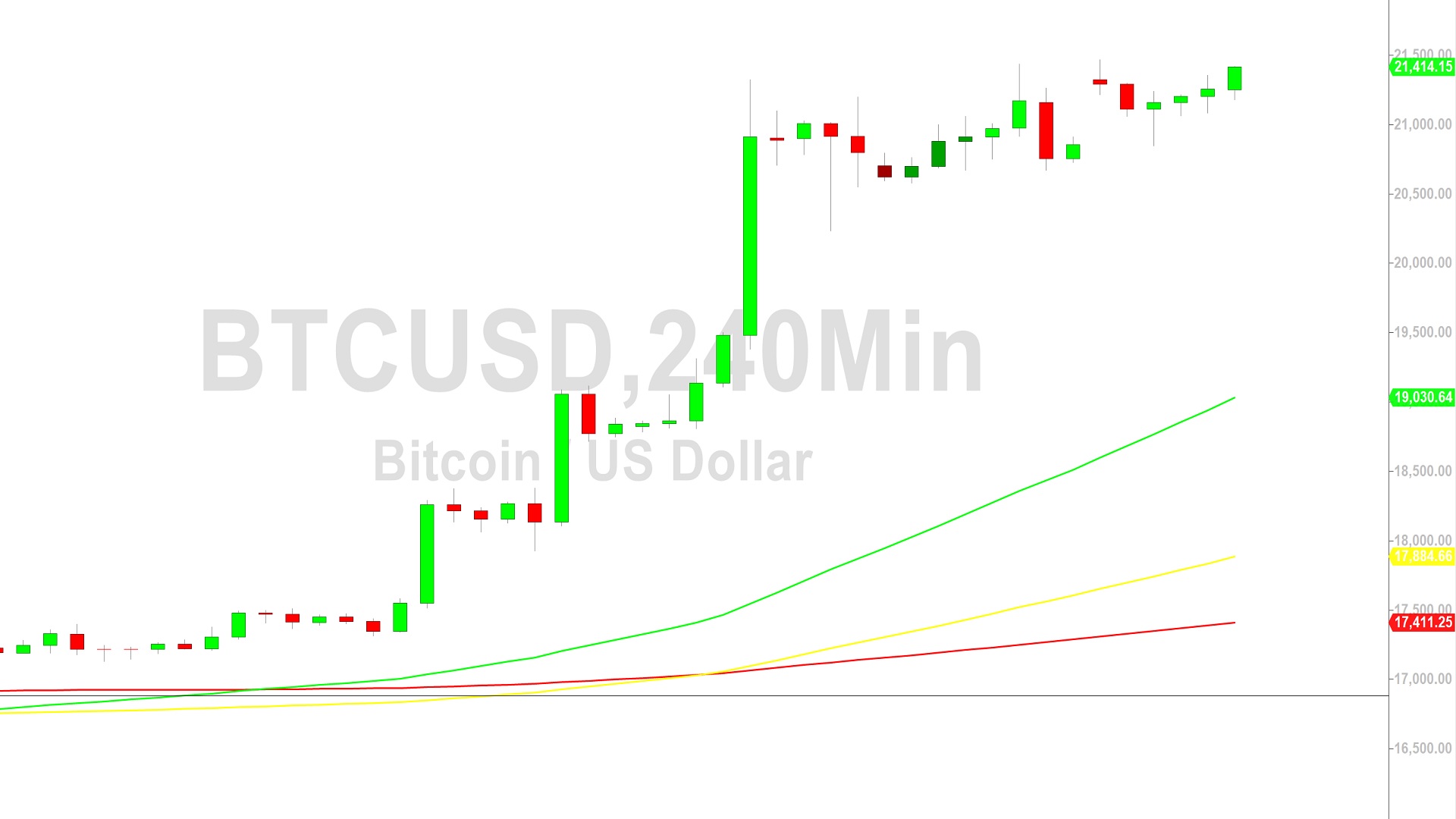Image source: Getty Images
Ocado (LSE: OCDO) shares fell on Tuesday, after the company reported disappointing Christmas sales results, and said that its grocery retail business would deliver a result “close to break-even” in 2023.
Although Ocado shares have bounced back from the lows seen in October, the stock has still fallen by 50% over the last year.
After such a sharp decline, Ocado stock is trading at levels previously seen in 2018. However, the business has made considerable progress since then, selling its automated warehouse technology to a number of big retailers.
Is this FTSE 100 share now starting to look like a contrarian buying opportunity? I’ve been taking a look.
What’s gone wrong?
Ocado’s grocery retail operation is a joint venture with Marks & Spencer. Tuesday’s numbers showed that online sales rose by just 0.3% to £549m during the final quarter of last year.
Given the impact of price rises, this means that sales volumes fell. Ocado admits that the average number of items in each order fell by 8.3% to 45, compared to the same period in 2021.
In contrast, both Tesco and Sainsbury reported sales growth of around 5% in the final part of last year.
These numbers wrap up a poor year for Ocado Retail. The company says that revenue for the whole of 2022 fell by 3.8% to £2.2bn. That’s the first fall in the company’s history.
Underlying retail profits for the year are expected to be “close to break-even”. City analysts had previously expected a figure of around £35m.
Forget retail, tech is the attraction
With grocery sales of just over £2bn, Ocado Retail is too small to challenge the big UK supermarkets. Sainsbury’s annual sales are around £30bn, for example.
The real opportunity for Ocado shareholders is the group’s technology division. This provides robotic warehouse systems for other retailers — known as the Ocado Smart Platform.
The company has signed up a number of major foreign retailers as clients over the last few years. These have included US retail giant Kroger and more recently South Korean firm Lotte Shopping.
In a presentation last November, management said that the technology business now has a “a clear path” to generating more than £1.1bn in fees each year, over the medium term. Profit margins on this income could be as much as 70%, according to the presentation.
If Ocado can deliver on this promise, then I think the shares could be cheap at current levels.
My concern is that profitability always seems to be several years in the future. In the meantime, Ocado needs to continue spending, in order to build customer warehouses and develop its own UK facilities.
Ocado shares: what I’d do
Ocado fans say that this business could be like Amazon, which lost money for 10 years before becoming profitable.
This may be true. But even if it is, investors will need to remain patient. Broker forecasts suggest the group will report a loss of around £350m in 2023, and of £245m in 2024.
Based on this outlook, Ocado’s £6.5bn valuation still looks too expensive to me. Unfortunately, I still see this as a stock to avoid.
Credit: Source link













